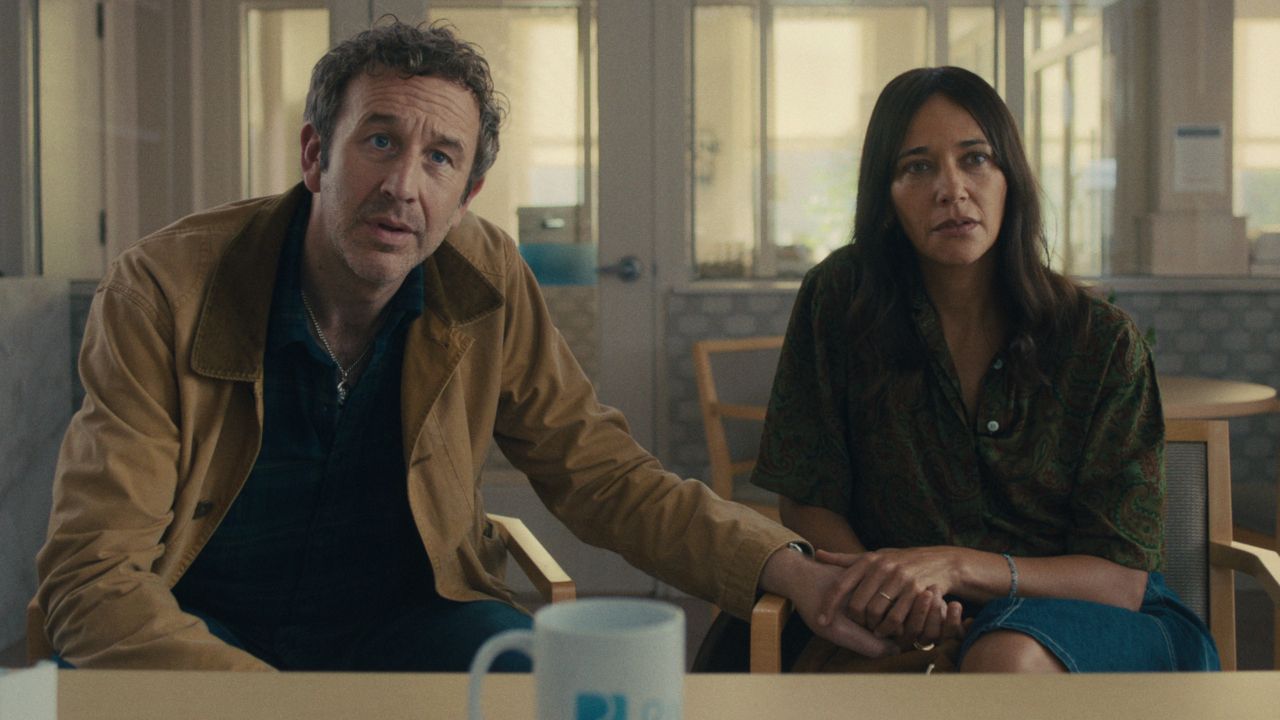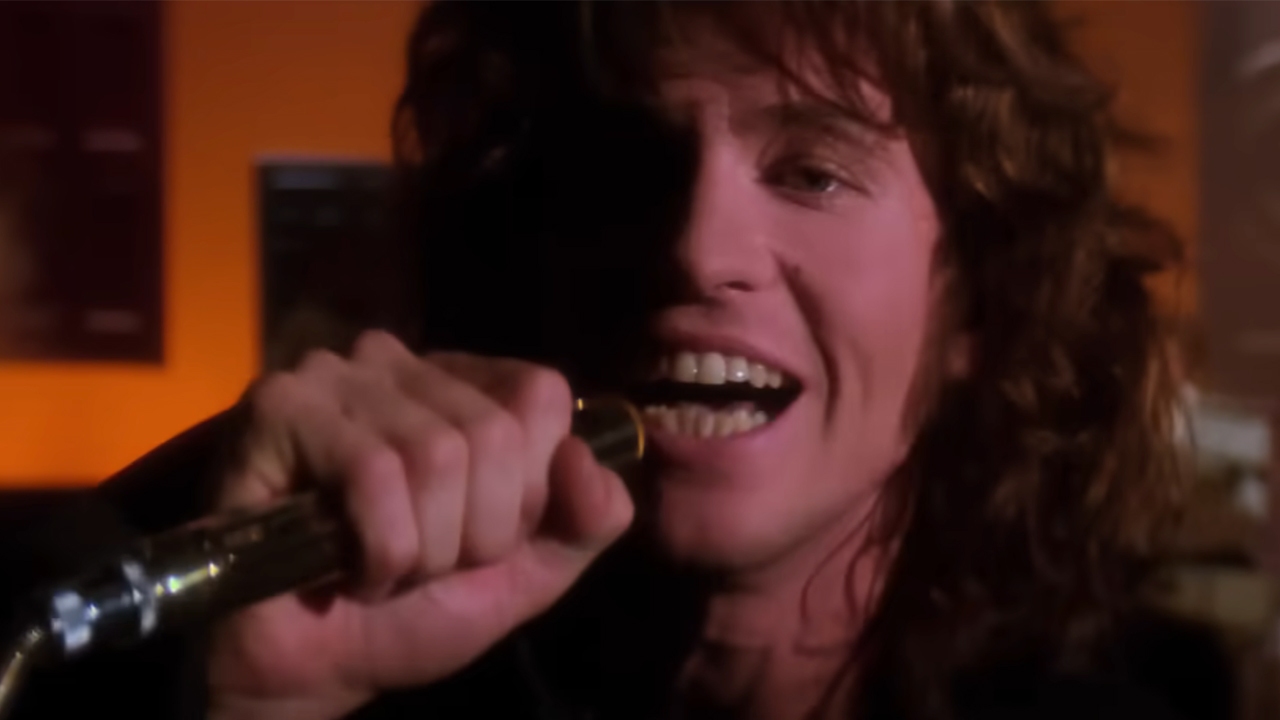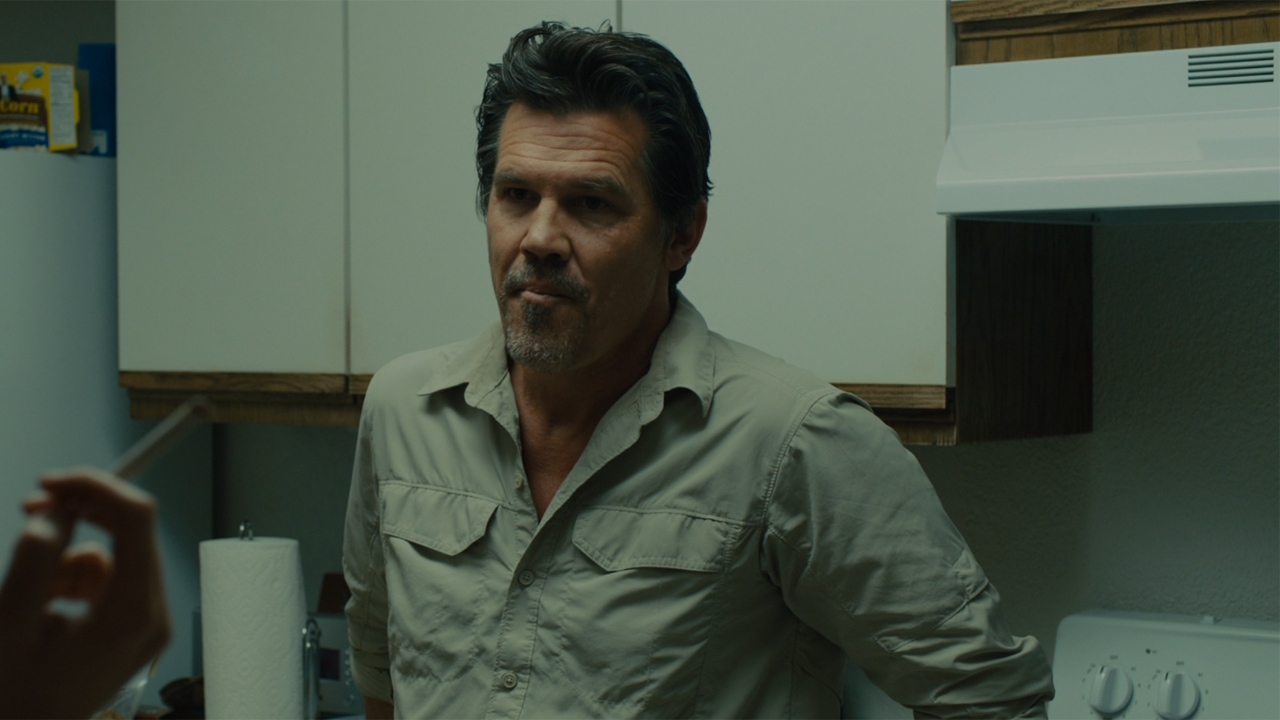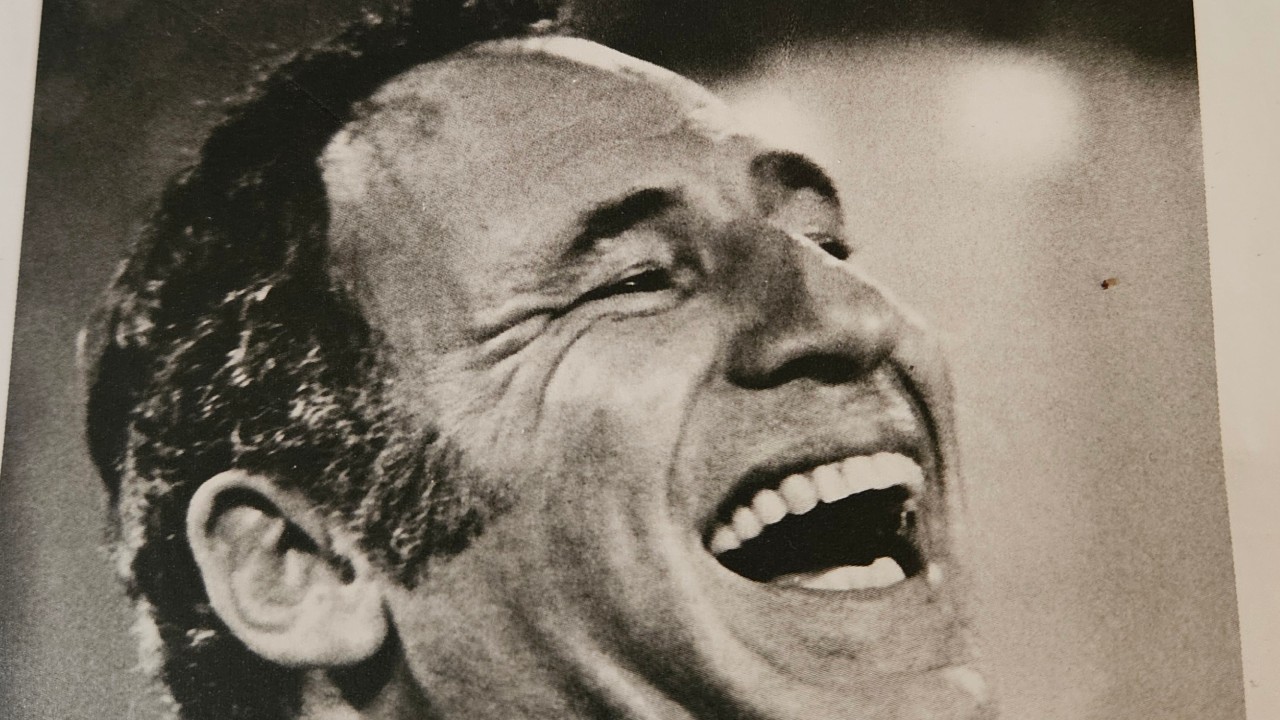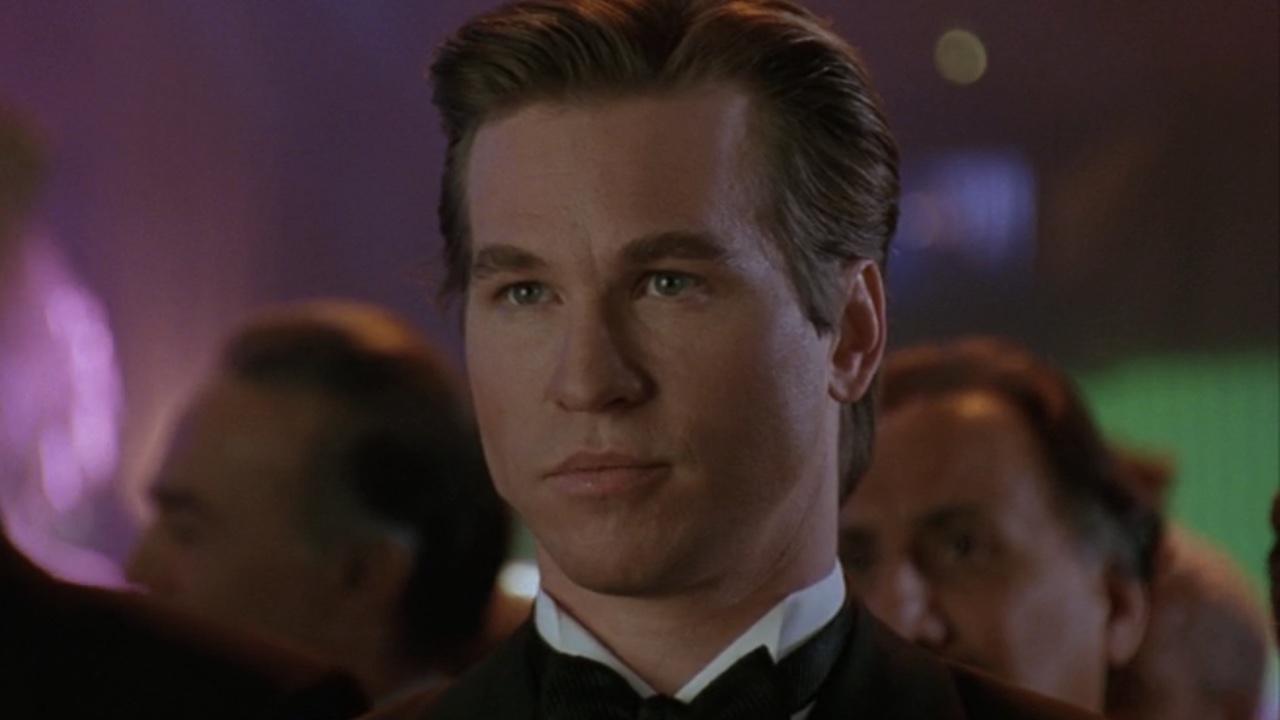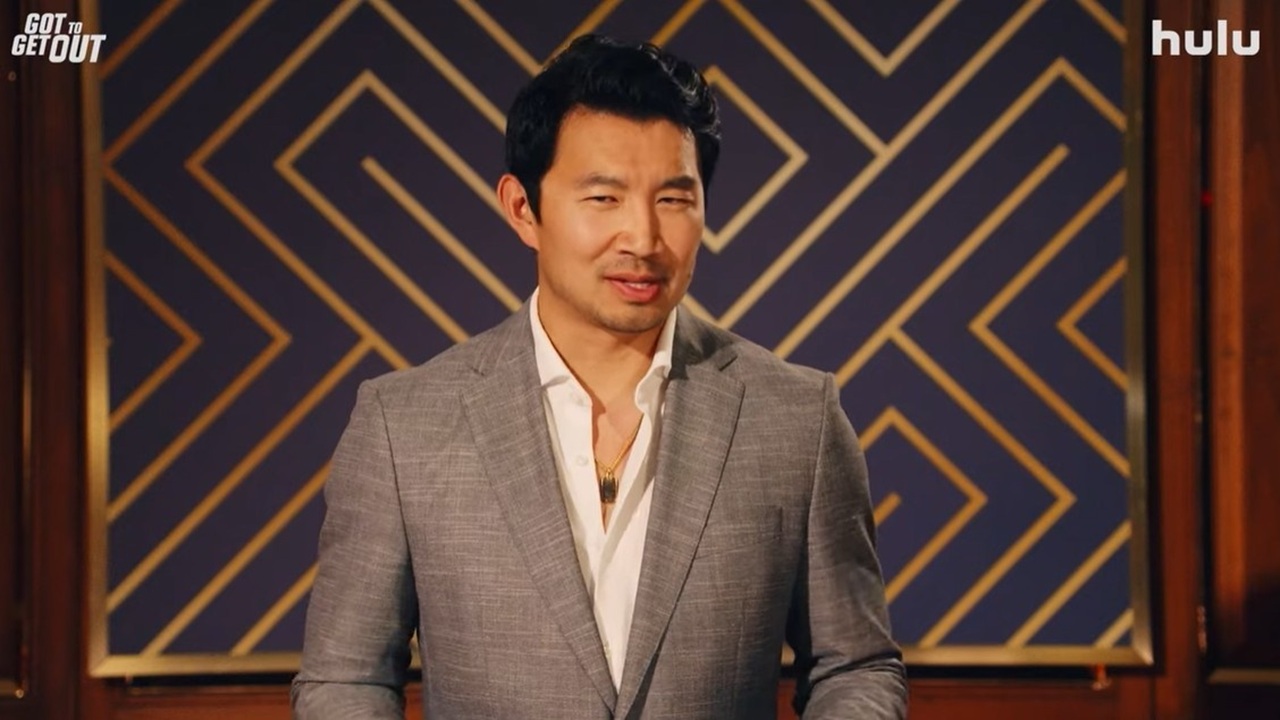Adapting Stephen King's Sometimes They Come Back: A 1991 TV Movie Ends An Era For Stephen King Adaptations
Sometimes They Come Back marks a milestone moment in Stephen King adaptation history
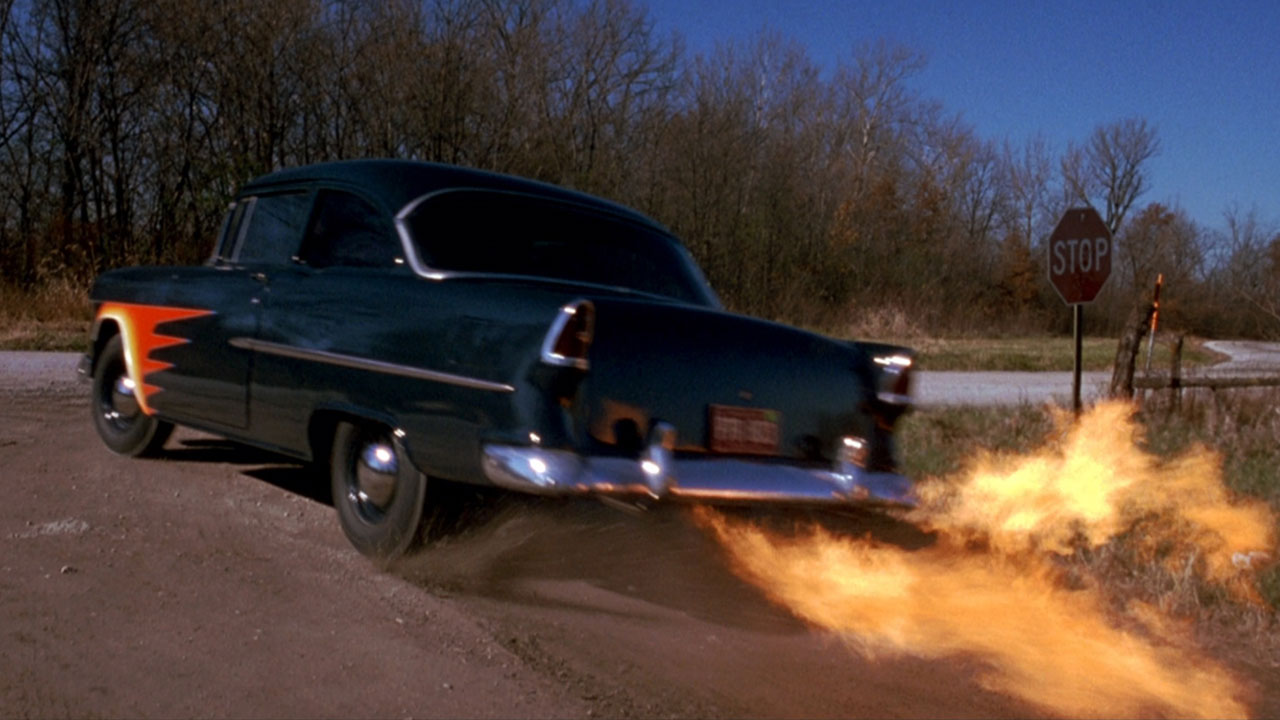
Without the influence of producer Dino De Laurentiis, the legacy of Stephen King in Hollywood would likely be radically different. For eight years he was a driving force behind many of the author’s books being brought to the big screen – first finding success with David Cronenberg’s The Dead Zone in 1983, and then making five more in the next eight years.
Be it cases where he acted quickly to secure movie rights, or purchased them from a third party, De Laurentiis saw great cinematic potential in Stephen King’s work – and while the movies weren’t always fantastic or successful, one thing that can be said universally about them is that they are faithful to the source material. From Mark L. Lester’s Firestarter to Dan Attias’ Silver Bullet, the films and the books line up well (King’s Maximum Overdrive is the outlier in this regard, but it gets a bit more leeway given its director).
Such is the nature of life that all things end, however, and the relationship between Dino De Laurentiis and the works of Stephen King is no exception. The filmmaker continued to produce movies into his late 80s (he passed away in 2010 at the age of 91), but his road with King ended with the making of Tom McLoughlin’s Sometimes They Come Back. Based on the short story of the same name included in the 1978 collection Night Shift, the adaptation was initially planned as a segment of Lewis Teague’s fantastic anthology Cat’s Eye, but its development saw confidence in its potential grow, and it was kept aside to become its own movie.
Sometimes They Come Back never ended up getting the big screen treatment, but in 1991 it did come together as TV movie that premiered on CBS. With it, a special and specific era in horror history came to an end, and this week’s Adapting Stephen King is putting it in the spotlight.
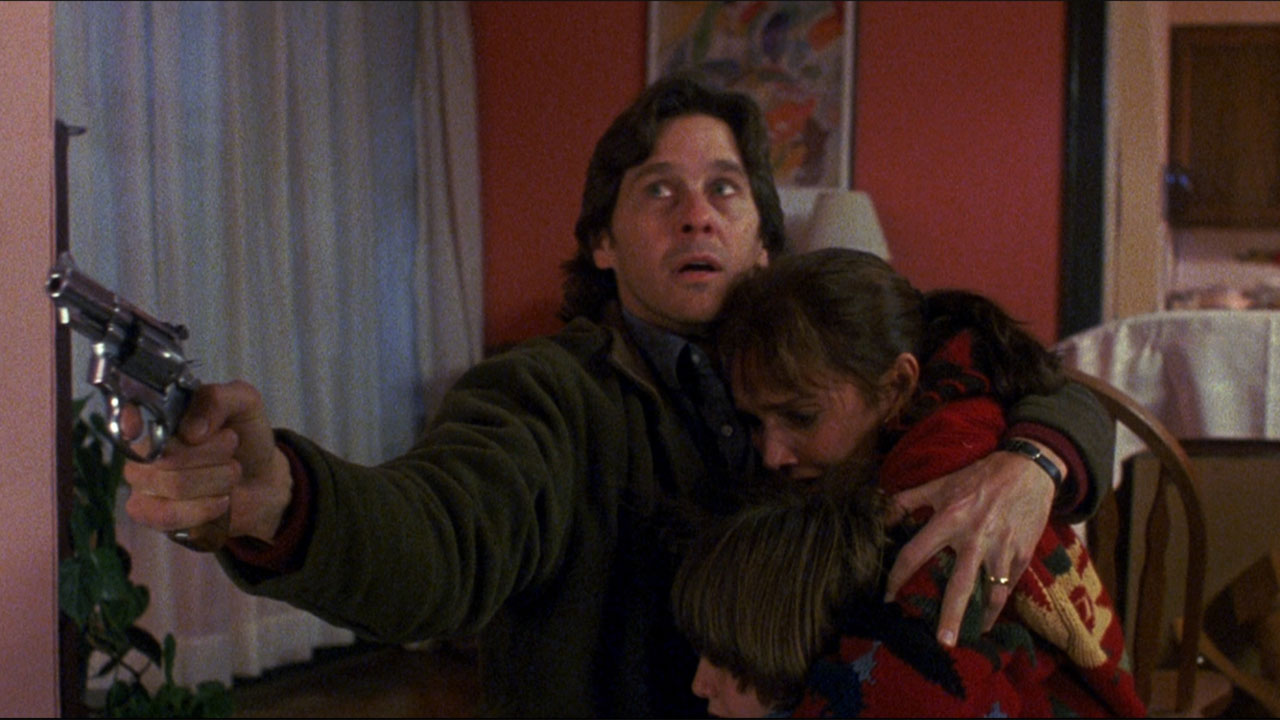
What “Sometimes They Come Back” Is About
Despite the fact that there have been so many books about the works of Stephen King, there isn’t much information available about the origins of “Sometimes They Come Back,” or the thought process that inspired it (beyond the obvious – such as King’s own experience as a teacher). What is on the record about it, however, is that the selling of the short story was a milestone event for King’s career, and happened at a tremendously fortuitous time – similar to the history behind “The Raft.”
In the early 1970s, Stephen King was married with two children, and professionally struggling. He describes in On Writing that the stories he was selling at the time provided him with “just enough to create a rough sliding margin between [his family] and the welfare office.” It was a difficult period, and King specifically remembers that his daughter Naomi at one point got an ear infection, and they couldn’t afford the medicine to treat it (what he refers to as “THE PINK STUFF”).
Thankfully, things improved because of “Sometimes They Come Back.” Arriving home from a trip to his mother’s house with his family, King noticed an envelope in his mailbox, and while he initially dreaded that it was yet another bill he couldn’t pay, it turned out to be a well-timed gift from the universe. He recounts in On Writing,
CINEMABLEND NEWSLETTER
Your Daily Blend of Entertainment News
My friends at the Dugent Publishing Corporation, purveyors of Cavalier and many other fine adult publications, had sent me a check for 'Sometimes They Come Back,' a long story I hadn’t believed would sell anywhere. The check was for five hundred dollars, easily the largest sum I’d ever received. Suddenly we were able to afford not only a doctor’s visit and a bottle of THE PINK STUFF, but also a nice Sunday-night meal. And I imagine that once the kids were asleep, Tabby and I got friendly.
It’s a much happier “ending” than what unfolds in the actual story.
“Sometimes They Come Back” is about Jim Norman, an English teacher who moves with his wife to a new town to find a job following what he describes as a “breakdown” – brought on by outside stress and a violent confrontation with a student. He is able to successfully land a position at the local public high school and likes most of the classes he teaches… with the exception of the remedial “Living With Literature.”
At first, the kids simply misbehave and demonstrate a lack of respect, but then things start to take a turn toward the supernatural. The students that the protagonist actually likes in the class are mysteriously killed one by one, and each time it happens their seats are filled by new arrivals to the school. Before too long, Jim realizes that each of these new arrivals are dark figures from his childhood – specifically a gang of punks who murdered his older brother during a mugging in a train tunnel.
Discovering that the murderers were killed in a car accident a few years after their crime, Jim realizes that he must find a way to combat the living dead, and he finds the answers that he is looking for in a book called Raising Demons.
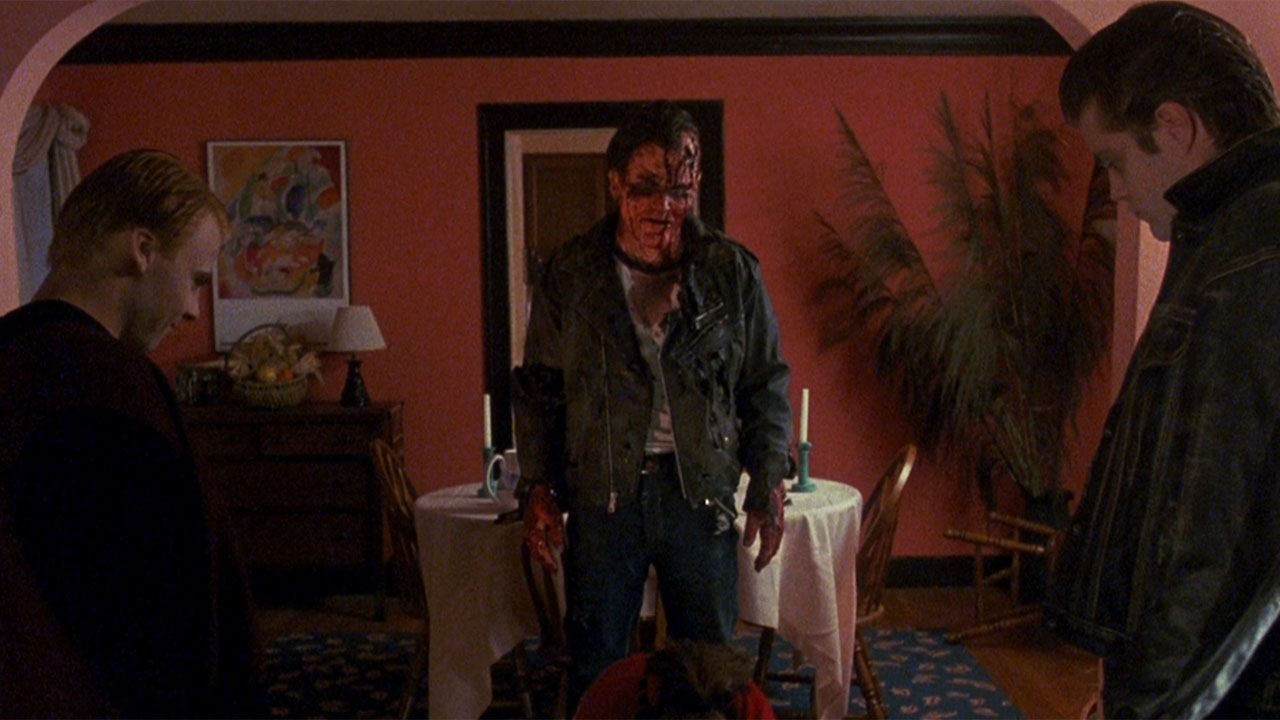
How Tom McLoughlin’s Sometimes They Come Back Differs From Stephen King’s Short Story
Credit where credit is due, Sometimes They Come Back is the rare instance where a short story is adapted at feature length and doesn’t let the invented material overwhelm what Stephen King originally put on the page. Save for the ending, the structure of the TV movie comes straight from the source material, along with the biggest ideas. What changes there are – and there are quite a few – make sense for the medium change.
Adding an extra layer to the movie’s title, Tom McLoughlin’s version (written by Lawrence Konner and Mark Rosenthal) makes Sometimes They Come Back a homecoming story – as Jim Norman (Tim Matheson) moves back to the town he grew up in at the start of the story. He’s also notably not just with Sally (Brooke Adams), as he has a young son named Scott (Robert Hy Gorman).
Because the Stephen King story is kept in Jim’s perspective, you only hear about the students dying instead of seeing them – but the TV version expands on that greatly, including sequences such as Jim’s psychic vision of Kate (Tasia Valenza) being attacked in a field, and Chip (Chadd Nyerges) being dismembered.
The subplot about the surviving member of the greaser gang, Carl Mueller (William Sanderson), was added for the adaptation, as is the whole circumstance for why the dead have returned. In the movie, young Jim takes the punks’ car keys, and as a result they die when their flame-accented 1955 Chevrolet One-Fifty is hit by a train. As originally written by Stephen King, the antagonists aren’t killed by an oncoming locomotive after murdering Wayne, but instead are involved in a crash that sees their black 1954 Ford Sedan with “Snake Eyes” on the side collide with a power pole.
As we’ve seen in many adaptations discussed in this column thus far, the biggest deviations can be found in the ending – though when you consider the small screen origins of the project, it’s understandable why the production opted for the conclusion that is featured. This starts with the fact that Sally is killed in Stephen King’s version, giving the protagonist nothing left to lose.
Not being in his hometown, Jim doesn’t go to the train tunnel, but instead goes to his classroom and brings a record with train sound effects. He then proceeds to set a ruse for the greasers using instructions found in his dark magic book: after drawing a pentagram with chalk on the floor, he splashes it with blood from a sacrificed cat to raise a demon. As gifts to the evil spirit, he offers his two index fingers (which he proceeds to cut off), the sweat band from his brother’s hat, and a photograph –and they are accepted. When the undead gang arrives, the train sounds trap them into recreating the mugging incident (just like in the movie), but then the demon appears as a malevolent incarnation of Wayne and kills each of them with a single touch.
All things seem fixed at the very end, but Jim reflects on a warning in Raising Demons that gives the title of the short story new meaning – one that doesn’t point to the resurrected punks:
You could perhaps summon them, perhaps cause them to do your work. You could even get rid of them. But sometimes they come back.
That’s quite a bit different than Jim’s on-screen counterpart having a tearful reunion with his long deceased brother (Chris Demetral) and allowing him to pass on to what is implied to be heaven.
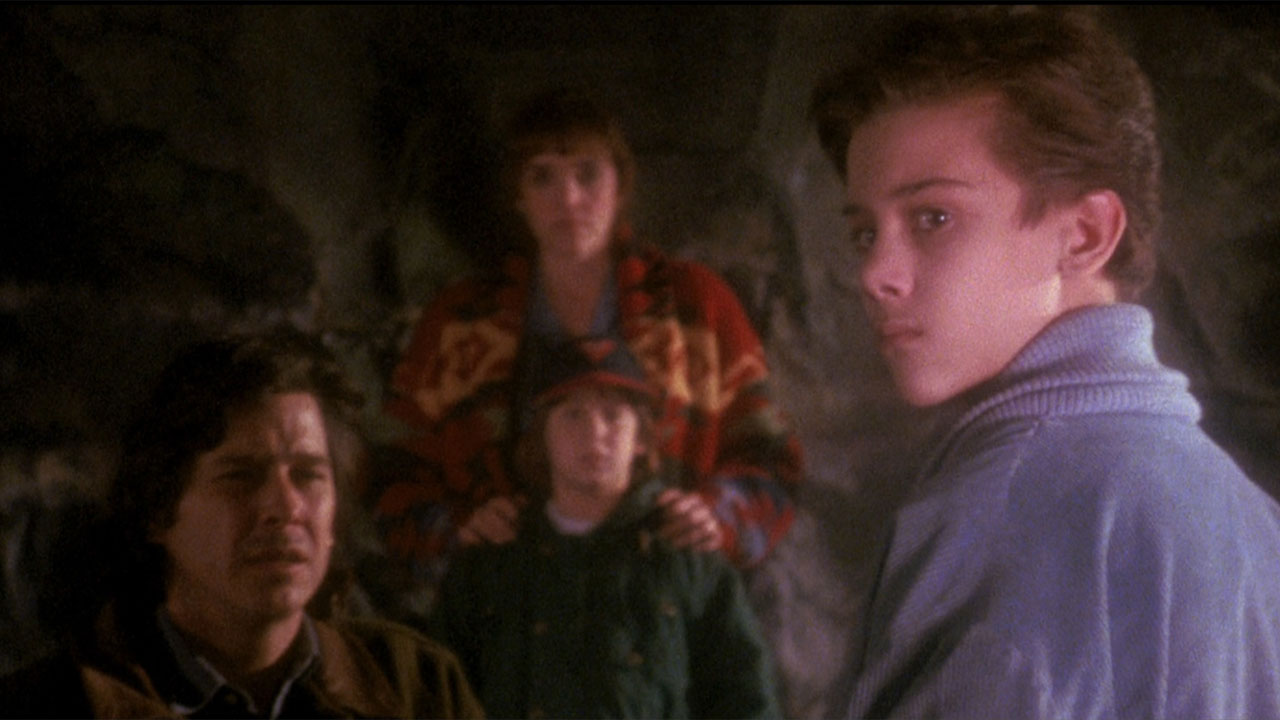
Is It Worthy Of The King?
Since the launch of this column in May, I’ve used this forum to talk about many of the best Stephen King adaptations (Carrie, Cujo, Stand By Me, Misery), and a couple of the worst (Children Of The Corn, Graveyard Shift). In the case of Tom McLoughlin’s Sometimes They Come Back, however, the discussion is focused on what could be called one of the most mediocre King movies. I’ve never personally ranked all of the 80-plus films, miniseries, and TV shows that qualify under the heading for this feature, but it wouldn’t surprise me in the slightest if I were to ultimately find that this one landed square in the middle.
Watching the movie unfold with a critical eye, one can understand the potential that Dino De Laurentiis & Co. saw in it as a standalone feature and not just a segment in an anthology: there is a lot of meat on the bones conceptually, and not much is required to bring it all to life. It’s an intimate, character-centric horror story, and the added elements work well in sync with what the source material provided. It has some scary, intimidating monsters (who look great when they reveal their non-human forms), and does a solid job creating its own rules.
This is the only time that Tim Matheson has starred in a Stephen King adaptation, but it’s a shame since he has the capacity to hit a kind of fragile-but-trustworthy everyman level that works well with the author’s voice and storytelling. Brooke Adams is additionally wonderful, and it’s a cute historical footnote that she stars in Dino De Laurentiis’ first and last King movies – having played Sarah Bracknell opposite Christopher Walken in The Dead Zone.
Sometimes They Come Back is satisfying as it is, though I will admit that there is a very real part of me that wishes we could see an adaptation that fully commits to the satanic ritual conclusion of the short story. Tom McLoughlin’s movie would never have made it past network censors with that ending back in the early 1990s, but there is an intense darkness to the sequence in the book that could be great if captured properly in live-action. In short, if a remake were to be announced tomorrow with someone like Fede Álvarez attached, it would certainly be a project that would perk my ears and get my anticipation juices flowing.
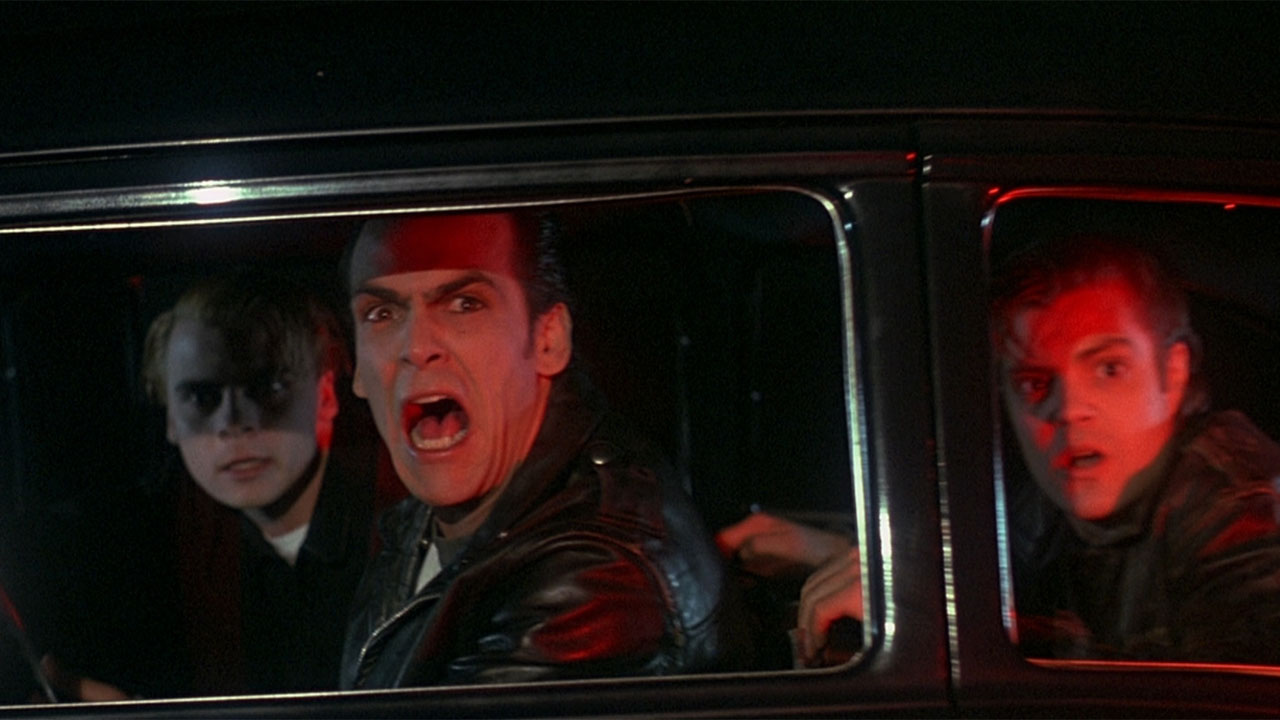
How To Watch Tom McLoughlin’s Sometimes They Come Back
If you don’t want to waste another second not watching Sometimes They Come Back, and you’re cool with having the experience interrupted with commercials (it was originally a TV movie, after all) then you can actually watch it right now by heading over to PlutoTV. For an ad-free experience, you can either digitally rent or buy it from major retailers, including Amazon, Vudu, and Apple TV. If you’re more into physical media and/or are presently trying to build the Ultimate Stephen King Collection, you’re going to want to get the Blu-ray that Olive Films released in 2015.
Next week, Adapting Stephen King will be diving into a wonderful story – specifically the one that resulted after the author’s special pseudonym, Richard Bachman, was outed to the world. You’ll find my piece about George A. Romero’s The Dark Half in the CinemaBlend movie section on Wednesday, but for now click through using the banners below to discover all of the previous installments of this column!























Eric Eisenberg is the Assistant Managing Editor at CinemaBlend. After graduating Boston University and earning a bachelor’s degree in journalism, he took a part-time job as a staff writer for CinemaBlend, and after six months was offered the opportunity to move to Los Angeles and take on a newly created West Coast Editor position. Over a decade later, he's continuing to advance his interests and expertise. In addition to conducting filmmaker interviews and contributing to the news and feature content of the site, Eric also oversees the Movie Reviews section, writes the the weekend box office report (published Sundays), and is the site's resident Stephen King expert. He has two King-related columns.
